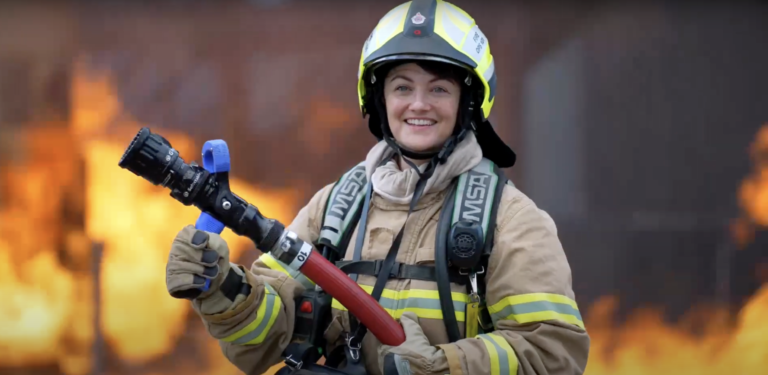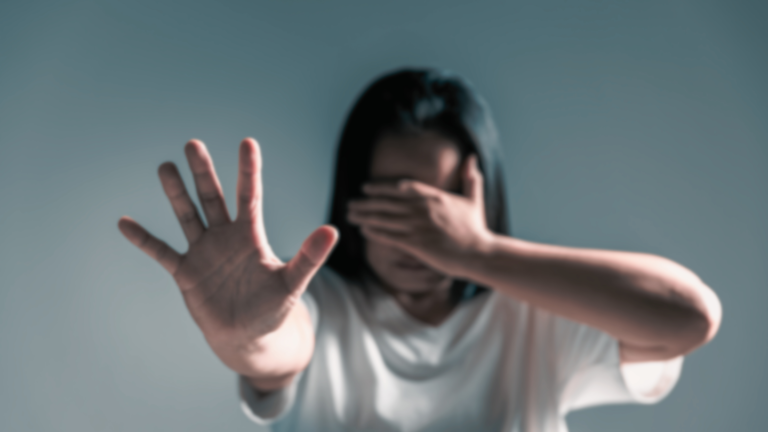30th August 2023 14:26
Victorian Legislative Council, Melbourne
Rachel PAYNE (South-Eastern Metropolitan) (14:26):
I rise to support this Legalise Cannabis motion. We have really only just begun to scratch the surface of what cannabis can offer in terms of therapeutic benefits. I note that many of my colleagues have referred to some of the effectiveness that medicinal cannabis can have as pain relief and in managing seizures, epilepsy and MS and as related treatment for depression, anxiety and sleeping disorders. We are now starting to see that detailed scientific evidence is out there. This medicine is effective, and it works for people. It has provided life-changing relief to patients where other medications have failed. It is no wonder that since Victoria legalised the use of medicinal cannabis in 2016 there have been over 370,000 prescriptions filled across the state. Medicinal cannabis is a great leap forward in pharmacology, and it is here to stay.
It really is time we addressed those Victorian laws and practices that continue to unfairly prejudice medicinal cannabis patients. In February we moved a bill to remove the discrimination against medicinal cannabis patients in the Road Safety Act 1986. At the time, the Premier said:
What we want to try and do is make sure anyone and everyone who would be better off because of medicinal cannabis has no disincentive, in fact is supported to access the medicines that will alleviate their pain …
That statement of principle applies equally to medicinal cannabis in the workplace. We need to end the disincentives that medicinal cannabis patients receive in the workplace. As my colleague Mr Ettershank so succinctly put it, patients do not choose to have a medical condition, and they do not choose which medicine is best for treating their symptoms. Lawfully prescribed medicinal cannabis patients are not behaving irresponsibly or trying to get away with anything, but they are testing positive in workplace drug tests, and then they are not treated with the understanding that the result is derived from medication. Instead they are being punished as if they were using an illicit drug, and this is simply wrong.
A positive test is not evidence of illicit drug use or impairment. We know the trace amounts of THC can stay in a person’s system for days and weeks after consumption and trigger a positive test result. We know that in a blood test result it can show up for a month. If a person is not impaired by their medication, they should not face dismissal because of an outdated testing regime that is not in step with modern medicine. I appreciate Mr Limbrick’s comments in reference to the fact that the scientific evidence is there and the evidence is clear, and it is time we got on with the technology and advancing that position. Many Victorians are prescribed medicinal cannabis after years of taking far more dangerous medications, such as opioids or benzodiazepines, which come with a host of debilitating side effects and are highly addictive, but these Victorians are being forced to choose between continuing the treatment that has given them back their lives and continuing to work.
We also must remember that this has real-life impacts, and I would like to reflect on a few of the patients that we have been in consultation with during this process. I would like to tell you about Elena. We are not using Elena’s real name; however, Elena is a successful software engineer. Elena has been prescribed benzodiazepine and she has spent many years on these harmful drugs, forming a dependency and enduring debilitating side effects. Elena was eventually prescribed a full-spectrum CBD–THC medication for her conditions. She credits medicinal cannabis with turning her life around. She takes the medication at night, leaving a 12-hour gap before attending work so that she will never be impaired.
Elena did the right thing; she disclosed her medicinal cannabis prescription to her employer. She even produced a letter from her doctor, but to no avail. Her employer treated her prescription medicine as an illicit drug, and she was immediately put on a work-from-home order and then suspended from her job. We also have to remember this is a software engineer, so she is not operating any machinery; she is working behind a desk. Feeling she had no option, Elena left her work. She was not impaired at work, but she was forced to make a choice between leaving her job and giving up the medication which enabled her to lead a fully functioning life again.
Sam is another medicinal cannabis patient who enjoyed a successful career until he produced a positive urine sample at work. Prior to being prescribed medicinal cannabis, Sam thought his company’s drug policy was pretty clear: for an employee who produces a positive drug sample, if they have a prescription they can go back to work – they are exempt. If they do not have a prescription, then they face disciplinary action. But Sam provided his prescription for medicinal cannabis, his sample was classed as illicit and he was suspended from work. Sam is now at a crossroads, and he must make that choice between taking his lawfully prescribed medication and keeping his job.
We have heard of so many examples of this type of discrimination. We have also heard of employees disclosing that they use medicinal cannabis and also being removed or suspended from their work pending an investigation or they have just simply been laid off because they do use medicinal cannabis, without any drug testing, just because of the stigma. We have also heard from people who have been prescribed medicinal cannabis by their GP and feel it would strongly benefit them but will not take it for fear of losing their jobs, and this is what we hear from the prescribing doctors and patients as well.
Medicinal cannabis should be treated like any other prescription medication, and it is a fairly simple proposition. I note that Mr McIntosh talked about fairness and workers, particularly around pain and injury. I think what is really important for everyone to remember is that when it comes to being prescribed medicinal cannabis you have to show to the prescribing doctor that you have tried every other option of medication to alleviate your pain – that you have tried opioid-based medications and that you have tried other forms of medication. What we are finding is that medicinal cannabis patients finally have their agency back. This is medicine that is working for them, and yet they are being discriminated against for accessing a legal medicine. It has to be the last port of call. We all agree around impairment – no-one should be impaired while they are at work – but people correctly taking their prescribed medication in a safe and appropriate way should not be punished for doing so.
I also note my colleague Mr Galea referred to children with epilepsy and how this medicine has been life changing for them. Well, what are we going to do when they get a job and get a drivers licence? Are we going to say to them, ‘You can’t drive and you can’t work because you can’t take your medicine at the same time’, or are we going to say, ‘You have to access your life-changing medicine and you can have those liberties of living a normal, full life’? We at Legalise Cannabis believe the Legal and Social Issues Committee will be able to tease out the complexities of this issue and make sensible recommendations for law reform, so I ask the house for their support of this motion.





